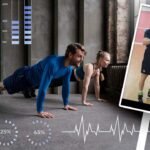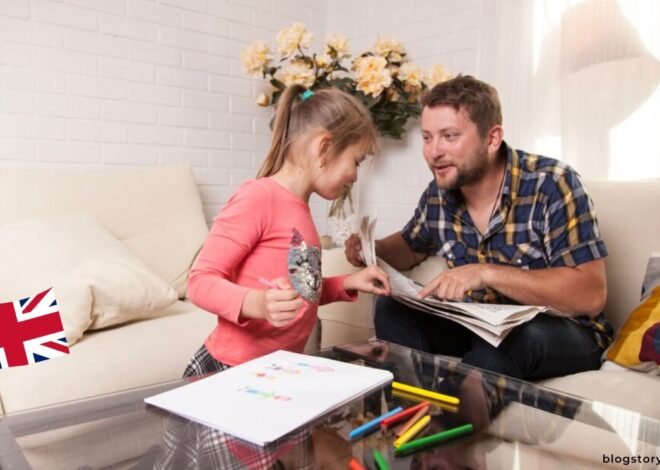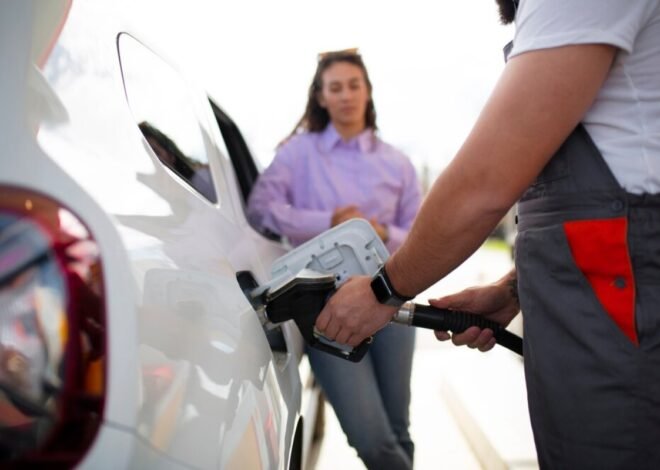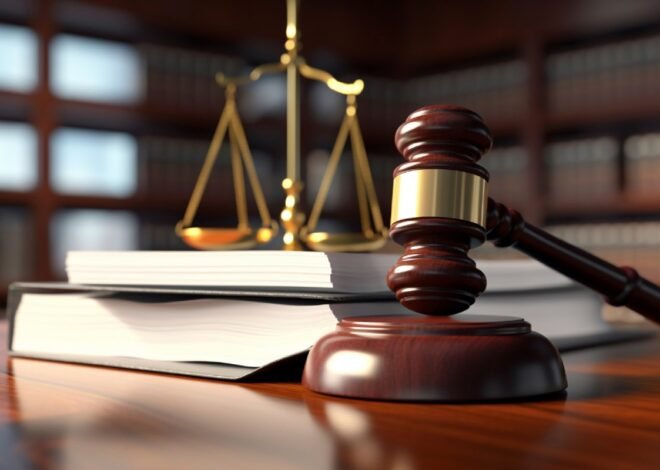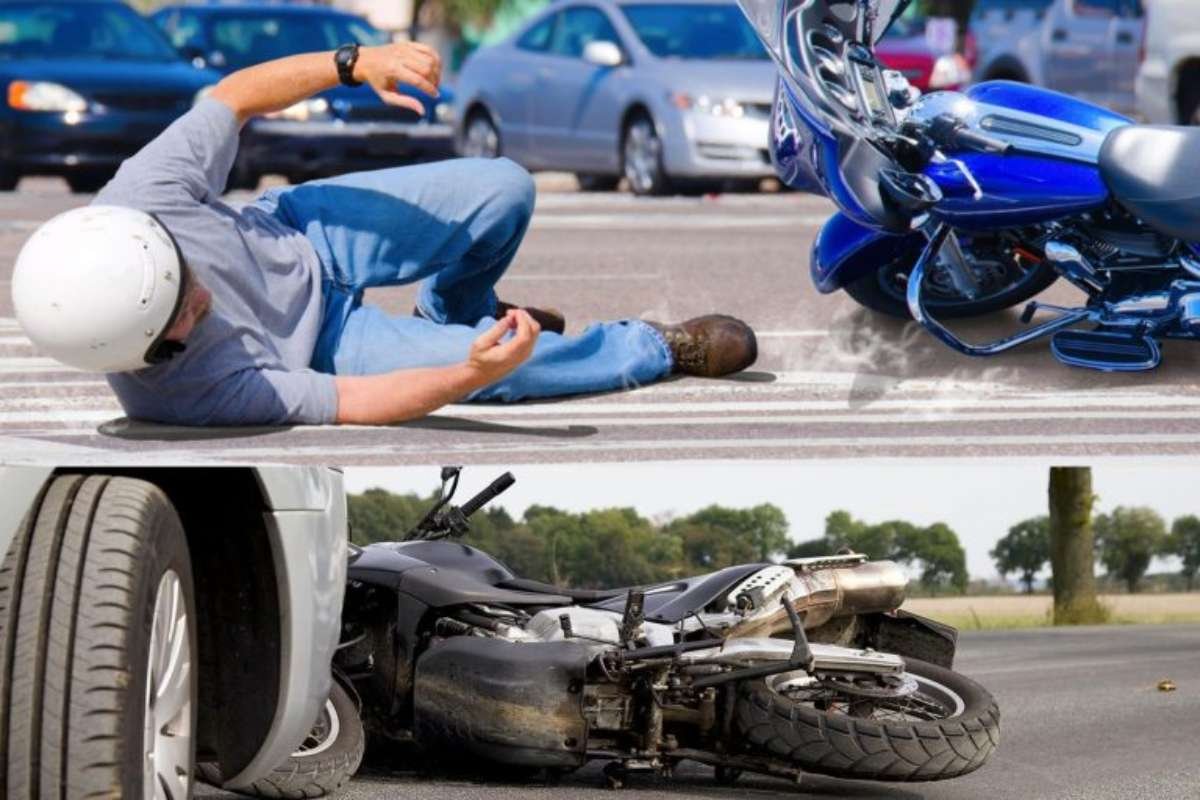
The Rehabilitation Options Available For Motorcycle Accident Survivors
Motorcycle adventures often come with exhilarating experiences, but they also carry a risk of accidents. Each year, countless individuals find their lives transformed after being injured in a motorcycle accident. These accidents, while common, can profoundly impact physical and emotional well-being.
Recognizing this, rehabilitation emerges as a crucial recovery pathway, offering hope to those affected. In this article, we’ll explore various rehabilitation options that cater to different needs, from physical therapy aimed at restoring mobility and strength to psychological support that helps survivors cope with trauma and loss.
We’ll delve into innovative rehabilitation techniques, the role of alternative therapies, and practical strategies to navigate the often complex journey toward recovery. With the right approach, recovery is not just a possibility; it’s a reality.
Understanding The Aftermath of a Motorcycle Accident
Surviving a motorcycle accident can be just the beginning of a long journey. The injuries sustained can vary widely, each with its own set of challenges:
- Head trauma, including concussions and traumatic brain injuries.
- Fractures often occur in the arms, legs, and ribs.
- Road rash, resulting from skin scraping against the road.
These injuries can lead to long-term effects, such as chronic pain, limited mobility, or cognitive impairments, which can drastically alter a survivor’s life. It’s not just about healing the body; it’s about piecing together the essence of one’s independence and quality of life.
This underlines the need for a personalized rehabilitation plan to address each unique injury and its specific repercussions. More than a one-size-fits-all approach is needed to rebuild lives after such impactful events.
Occupational Therapy: Restoring Daily Functioning
Occupational therapy is vital in rehabilitation, focusing on restoring the ability to perform everyday activities. This therapy goes beyond physical recovery; it’s about enabling survivors to regain independence in their daily lives.
Through occupational therapy, individuals relearn or adapt skills needed for tasks like dressing, cooking, or using a computer.
Activities include hand exercises to improve agility or practicing with adaptive tools designed to handle kitchen utensils easily.
It’s about transforming everyday challenges into achievable tasks, paving the way for survivors to reclaim their daily routines and lifestyles.
Psychological Support: Coping With Trauma and Loss
The aftermath of a motorcycle accident isn’t just physical; the emotional and psychological impact can be profound.
Survivors often grapple with trauma, anxiety, and the grief of loss—loss of mobility, independence, or even a previous way of life.
Counseling, support groups, and mental health services are critical in addressing these challenges.
For instance, organizations like the American Psychological Association and Mental Health America offer resources for psychological support. Emphasizing mental health is essential in the rehabilitation process, as healing the mind is just as important as healing the body for a holistic recovery.
Advanced Rehabilitation Techniques
In the realm of recovery, advanced rehabilitation techniques like neurorehabilitation and robotic-assisted therapy are breaking new ground. Neurorehabilitation is particularly beneficial for those with brain injuries, utilizing exercises to retrain neural pathways.
Robotic-assisted therapy, on the other hand, employs cutting-edge technology to support and enhance physical rehabilitation exercises. These methods have shown promising results in improving mobility and function.
Research like that found on PubMed highlights the efficacy of such techniques. These advanced options are tailoring the recovery process, offering hope through innovative approaches backed by science and expert insights.
The Role of Holistic and Alternative Therapies
Holistic and alternative therapies like acupuncture, massage therapy, and yoga are increasingly recognized in the rehabilitation process.
Acupuncture, known for its pain-relieving properties, can be particularly beneficial for managing chronic pain post-accident.
Massage therapy aids in reducing stress and improving circulation, while yoga offers both physical and mental benefits, enhancing flexibility and promoting relaxation.
However, it’s important to note the limitations of these therapies; they should complement, not replace, conventional medical treatments.
Navigating Insurance and Financial Aspects of Rehabilitation
Rehabilitation can pose significant financial challenges. It’s crucial to understand insurance coverage and seek financial assistance when needed. When dealing with insurance claims, document everything meticulously and advocate for necessary treatments.
Additionally, explore resources like government programs or nonprofit organizations that offer financial aid for rehabilitation expenses.
Remember, financial barriers shouldn’t hinder access to essential rehabilitation services.
The Road To Recovery: Tips and Strategies
Surviving the journey of rehabilitation requires resilience and determination. Stay patient; knowing progress takes time. Persevere through challenges, focusing on small victories along the way.
Maintain a positive outlook, believing in your ability to overcome obstacles. For encouragement and guidance, lean on your support network—family, friends, and fellow survivors. Remember, you’re not alone in this journey; together, we can navigate the road to recovery with strength and optimism.
Final Word
In the wake of a motorcycle accident, rehabilitation emerges as a beacon of hope, offering a path to recovery. From physical therapy to psychological support, survivors have access to a range of options to rebuild their lives.
Despite the challenges, the journey is marked by resilience and determination. With patience, perseverance, and a supportive network, a fulfilling life post-accident is a dream and a tangible reality awaiting every survivor.
You May Like Also:
